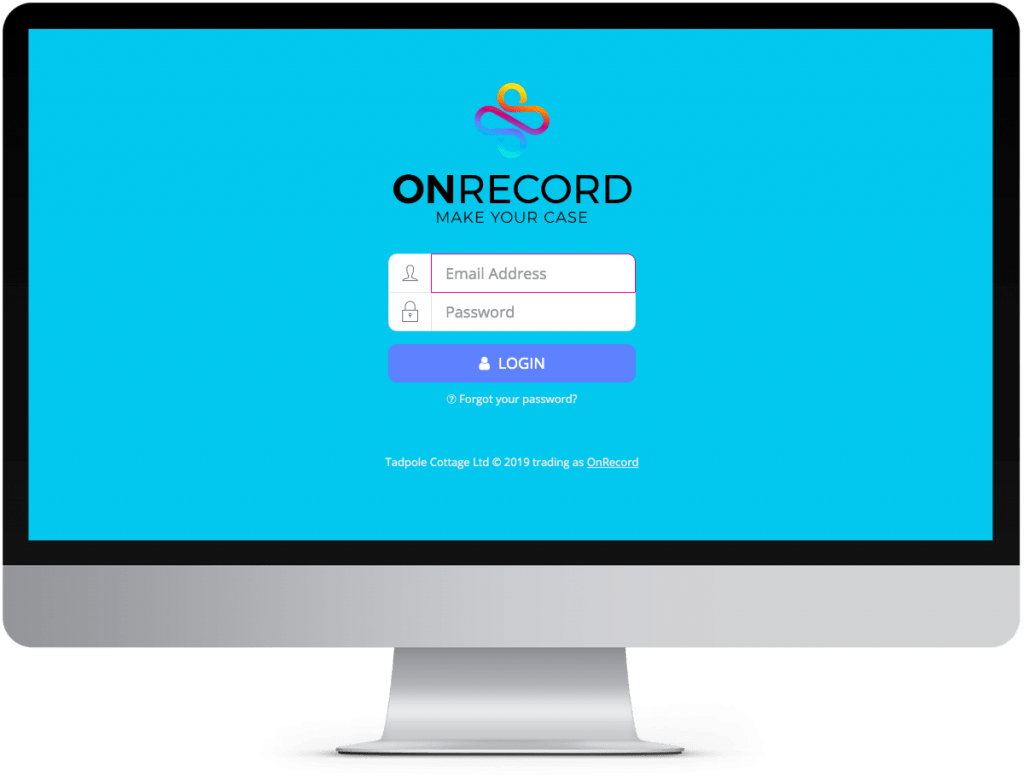During this Coronavirus crisis there is going to be a huge increase in universal credit claims and the already creaking system is likely to be even more difficult to access and navigate. There will be lots of mistakes and harmful consequences that can only be addressed if they can be proved to have happened.
Here’s a guide to make sure that if you need to appeal and/or complain, you’ll be ready to take action. Lots of claimants won’t be well prepared and, if they can’t prove what happened, their stories will be lost. That will mean lots of people will suffer the consequences without help or redress. In addition to actual complaints and appeals, people should keep a record of their experiences as afterwards there will probably be an enquiry into the failings. Campaigning organisations, like AdviceUK, will want to hear about people’s experiences.
Here’s what to do:
Keep a record of each and every interaction during the claims process:
- Make sure you record the name of who you’re interacting with.
- Include all conversations and written exchanges.
- Record the information you provided and the advice or information you received.
- If you think it’s being handled wrongly make sure you are clear about what your position is and then what answer you were given.
- Try to stay calm and clear. Don’t get involved in a row or be offensive. It won’t help.
- In addition to the actual written record you make, upload any evidence you have in support of your claim.
- If you’ve been on the phone waiting to get through say how long the call was if you had a long wait. Your phone may keep a record of time spent so screenshot it and upload it.
- If you’ve read some government advice or a trustworthy source of information, be clear that’s why you believe what you’re saying. Upload a copy of the section you’re relying on.
- If you can bear it, follow up discussions or correspondence with an email to the person or department you spoke to setting out what’s happened and why you’re unhappy with a decision. Keep up the pressure.
- Be ready to complain and or appeal if you need to. The most successful people are the ones who are prepared and persistent.
- Join any groups to band together so you can be more powerful. You’ll be surprised how many Facebook groups there are.
When you want to take action you’ll then have your story ready. You won’t have to try to remember what happened, when and who you spoke to. You’ll have a chronology report, with your records organised by date and time, to use as the basis of getting advice, making a complaint or an appeal.
If you use ONRECORD you’ll find that it is deliberately designed to help you achieve this record keeping easily, efficiently and thoroughly. Your records will be saved securely for you and you can add to them whenever you need to. You can share your chronology report with advisers or officials, either online or by downloading it, in order to prove your case. None of your evidence will go missing because you’ll never part with your documents and you can use your chronology report as many times as you want.
Lots of people will be going through this process and many will fall through the system. Don’t be one of them. Make sure you have a written case to make and pursue it.
Jill Canvin
Founder ONRECORD


